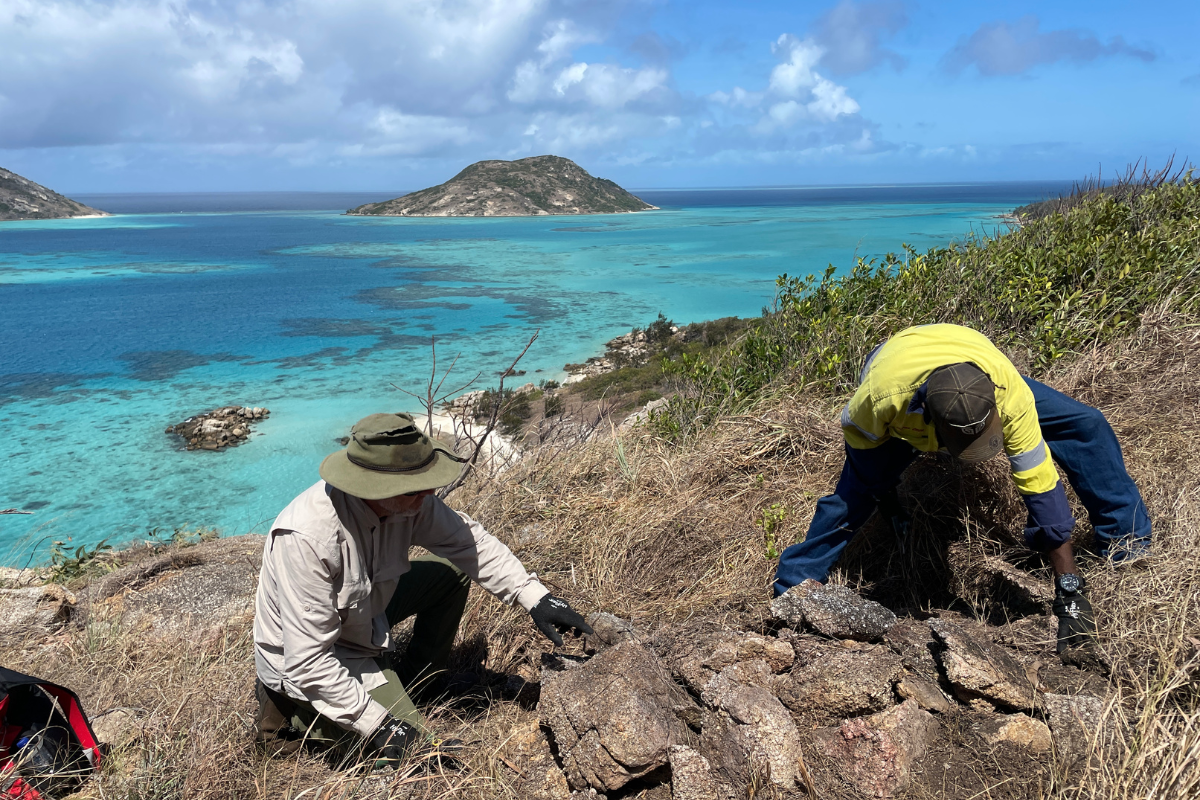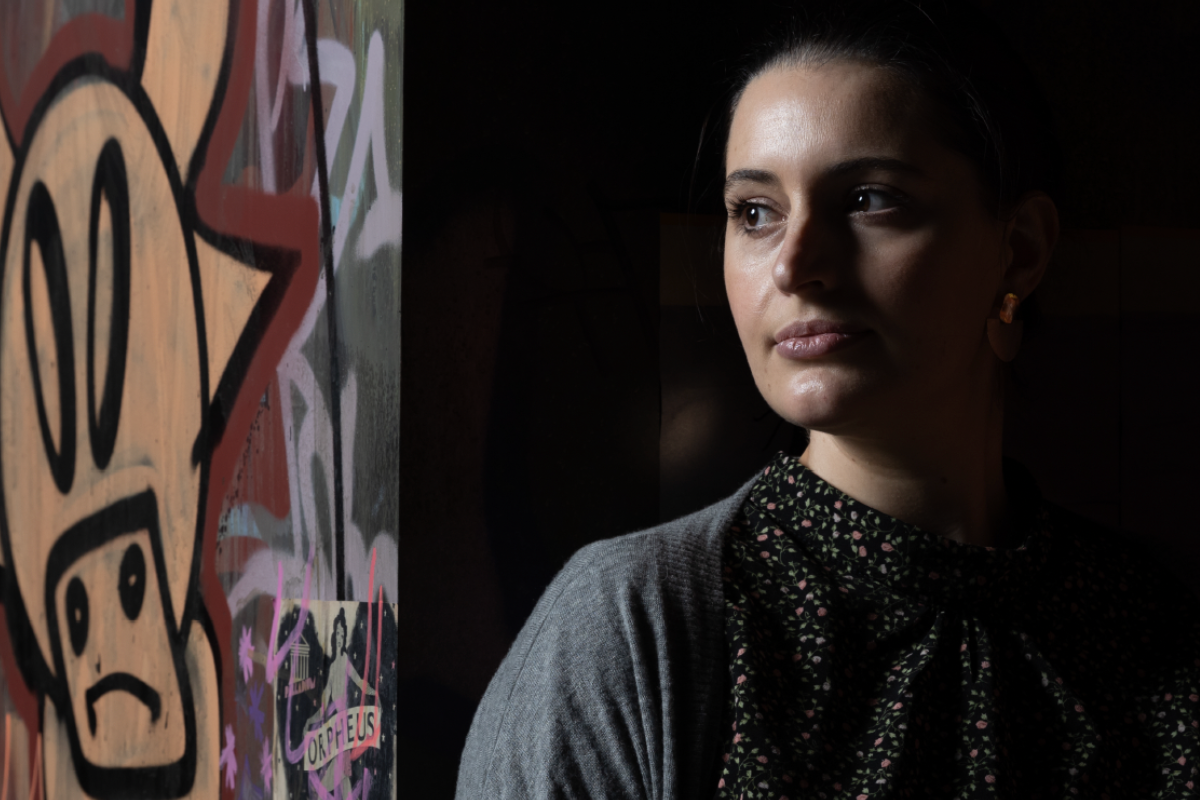
Two databases, both alike in dignity
In 1789, the year after Britain colonised Australia, settlers staged their first theatre production in a mud-wall hut in Sydney: a performance of Irish playwright George Farquhar’s The Recruiting Officer, with Governor Arthur Phillip in the audience.
The production is among more than 100,000 theatrical events recorded in AusStage, the world’s largest and most comprehensive national live performance dataset. Contents range from the corroborees witnessed by early colonists to contemporary stand-up comedy.
Another internationally outstanding digital project, AustLit, traces the history of Australian literature and storytelling, collating and connecting a million-plus records of creative and critical works penned since 1780.
Harnessing the vast potential of digitisation, the two databases are chronicling, showcasing, researching and preserving the breadth and diversity of Australia’s literary and cultural life, past and present.
Our literary past at the click of a button
A collaboration of more than thirty years between humanities researchers and librarians at numerous institutions, led by a University of Queensland team and built on projects established at the Australian Defence Force Academy and Monash University in 1988, AustLit has researched and collected information on fiction, poetry and life-writing.
It has also amassed vast quantities of data about publications in newspapers and magazines, theatre, cinema, TV and radio scripts, and writing by Aboriginal and Torres Strait Islander writers and storytellers.
Some of the earliest creative writing in Australia was published in newspapers of the time, such as the poem Melpomene, which appeared in the Sydney Gazette in 1805.
The database – which contains biographical, historical and bibliographical details relating to almost 180,000 authors and organisations, often the result of extensive original research – is not just an unrivalled research resource. It is also an important publishing platform for original works of literary history and criticism, including monographs.
Using AustLit, researchers have explored multiple aspects of Australian storytelling, publishing and print culture, including ways in which the First World War, multiculturalism, regionalism, surf culture and disability have figured in or influenced Australian literary culture.
AustLit has revolutionised research into Australian literature and culture, enabling scholars to build datasets to underpin interpretation and analysis, and providing a platform for them to share their results in dynamic, innovative ways.
Among the dozens of published research projects are recent long-form works on the literature of Tasmania and on Australian stage, TV and film actors. Researchers have delved into topics as varied as steampunk, pulp fiction and medievalism.
In addition, AustLit features a wealth of teaching resources, including the BlackWords resource, which educators can use to embed Aboriginal and Torres Strait Islander perspectives into curricula. BlackWords also publishes research by and about Indigenous writers.
‘Lightning in a bottle’: Australia on the stage
Established in 2000 by a consortium of universities, government agencies, industry organisations and collecting institutions, and based at Flinders University, AusStage succeeds in “capturing lightning in a bottle”, as some have described it – cataloguing and conserving essentially ephemeral spectacles.
Its ever-expanding database – with information on nearly 150,000 artists and more than 10,000 venues – encompasses amateur as well as professional performances; regional as well as city locations; circus, cabaret, puppetry and even animal acts as well as opera and ballet.
AusStage can be used to track the careers of actors, playwrights and directors, trace the evolution of theatre venues and companies, and reveal how particular works have been produced over time.
It helps to inform the decisions made about arts programming and government funding, and, like AustLit, is an invaluable repository for researchers.
These two treasure houses of knowledge about Australian literature, culture and history illuminate our national story and ourselves, educating and inspiring us.



